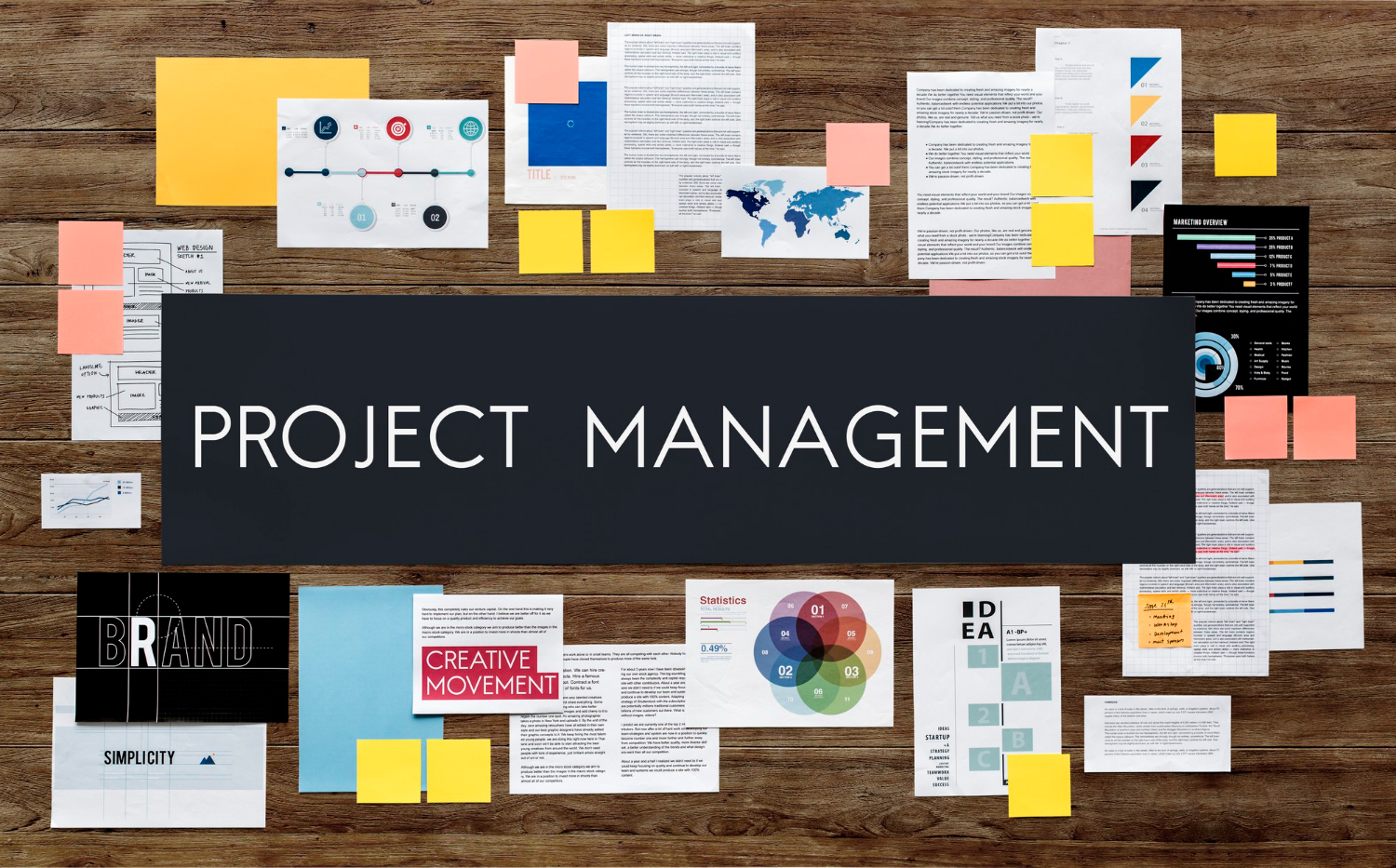Project management is all about steering your team to success, and making sure projects hit their targets on time. If you’re in the UK and looking to boost your career, you’ve probably noticed there’s no shortage of qualifications to choose from.
Whether it’s PRINCE2, Association for Project Management (APM), Project Management Institute (PMI), Certified Scrum Master (CSM), or CompTIA Project+, each certification promises to sharpen your skills and open doors. But with so many options, how do you decide which one is the best fit for you?
In this article, we’ll dive into these popular UK project management qualifications, breaking down what they offer and helping you figure out which one aligns with your career goals. Whether you’re just starting or looking to advance, we’ve got you covered.
Let’s dive in!

Source: Freepik
PRINCE2 Qualifications
In the UK, over 50% of project managers hold PRINCE2 qualifications. PRINCE2 stands as the world’s most practised method for project management. By earning a PRINCE2 qualification, you’ll develop skills that will help you manage projects more successfully and effectively. These skills include excellent communication, good planning, effective leadership, and risk management.
Benefits of PRINCE2 Qualifications
PRINCE2 offers numerous benefits:
- It’s widely recognized and applicable to any project type or size.
- It’s compatible with Agile methodologies.
- It’s reliable, time-saving, and cost-effective.
- It reduces miscommunication.
- It opens up new career opportunities in project management.
- PRINCE2 certifications, both foundation and practitioner levels, carry lifelong validity with no renewal requirements.
- It makes you a better project manager.
Disadvantages of PRINCE2 Qualifications
However, PRINCE2 does have some drawbacks:
- Excessive Documentation: PRINCE2 requires extensive documentation throughout the project lifecycle.
- Rigid Structure: While the rigid structure helps save time and money, it can be restrictive. Every project must follow all stages, even if some seem unnecessary.
Association for Project Management (APM) Qualifications
APM qualifications are recognized worldwide by employers and project managers. Completing this course will enhance your career opportunities, confidence, and credibility as a project manager. APM serves as an entry-level certification in the project management framework.
Benefits of APM Qualifications
APM offers several benefits:
- It boosts your marketability.
- It provides a common language for project management.
- It offers international recognition.
- It can lead to higher earnings.
Limitations of APM Qualifications
APM also comes with limitations:
- Time: Completing the course requires a significant time commitment.
- Scope: The certification covers a broad range of topics, which might not be necessary for all professionals.
- Cost: The cost of study materials, training courses, and exams can be high.
- Regional Focus: APM is UK-focused, which may limit its applicability elsewhere.
- Industry Specificity: APM’s focus on certain industries might not suit everyone.
Project Management Institute (PMI) Qualifications
PMI qualifications offer certifications to help you advance through every career stage. PMI certifications are recognized globally and qualify you to work in various industries.
Read also: Moving to the UK in 2024? Here’s What to Avoid
Benefits of PMI Qualifications
PMI certifications provide several advantages:
- Career Advancement: PMI qualifications can boost your career prospects.
- Credibility Booster: They enhance your professional credibility.
- Salary Increase: PMI certifications often lead to significant salary hikes.
Limitations of PMI Qualifications
However, PMI certifications also have drawbacks:
- Time: The time required to complete these certifications can be extensive.
- Cost: Study materials, training courses, and exam fees can be costly.
- Practical Application and Maintenance: You’ll need to apply and maintain your certification regularly.
Certified Scrum Master (CSM) Qualifications
CSM qualifications, offered by Scrum Alliance, certify employees who demonstrate an understanding and competence in Scrum practices.
Benefits of CSM Qualifications
CSM certifications offer several benefits:
- Enhanced Knowledge and Skills: You’ll deepen your understanding of Scrum practices.
- Career Advancement: CSM can open doors to new job opportunities.
- Networking Opportunities: You’ll connect with other professionals in the Scrum community.
- Practical Experience: CSM provides hands-on experience in Agile environments.
Limitations of CSM Qualifications
However, CSM has some limitations:
- Cost: The certification can be expensive.
- Certification Validity: CSM requires renewal, which involves additional costs.
- No Job Guarantee: While beneficial, CSM doesn’t guarantee a job or success in Scrum roles.
CompTIA Project+ Qualifications
CompTIA Project+ certification helps employees manage small to medium-sized projects. It focuses on basic project management principles and practices, offering a broad understanding of project management.
Benefits of CompTIA Project+ Qualifications
CompTIA Project+ offers various benefits:
- Broad Knowledge Base: It provides a general understanding of project management.
- Accessibility: The certification is accessible to a wide range of professionals.
- Vendor Neutrality: It’s not tied to any specific software or vendor.
- Stepping Stone: CompTIA Project+ can lead to more advanced project management roles.
Limitations of CompTIA Project+ Qualifications
CompTIA Project+ also has some limitations:
- Limited Depth: It doesn’t cover advanced topics in depth.
- Recognition: It’s not as widely recognized as PRINCE2.
- Narrow Focus: The certification has a limited focus, making it less applicable to some professionals.
Read also: Top In-Demand Careers in the UK for 2024

Source: Freepik
Key Takeaways
When choosing a project management qualification in the UK, consider your career goals and industry needs.
- PRINCE2 is widely recognized and ideal for both the public and private sectors. PRINCE2 offers a process-driven approach.
- APM provides a UK-focused perspective. The UK-focused perspective is perfect for those seeking comprehensive understanding and professional growth within the UK.
- PMI is great for those needing an internationally recognized certification applicable across various industries.
- CSM is best suited for professionals working in Agile environments, focusing on Scrum practices.
- CompTIA Project+ is a good entry-level certification, offering a broad understanding of project management. Each qualification has its strengths and limitations, so select the one that best aligns with your specific career path.
Wrap-Up: What Project Management Qualification is Best in the UK?
Each project management qualification offers unique benefits tailored to different needs and career stages. PRINCE2 is widely recognized in the UK and follows a process-driven approach. This makes it ideal for managing projects in both public and private sectors. APM provides a UK-focused perspective on project management, perfect for those seeking comprehensive understanding and professional development within the UK. PMI suits employees looking for in-depth, internationally recognized credentials applicable across various project environments. CSM is a good option for Agile and Scrum environments. This makes it ideal for professionals working in Agile teams. CompTIA Project+ provides a generalist perspective, useful across different industries.
Ultimately, the best qualification depends on your specific career goals, industry, and project management needs.
